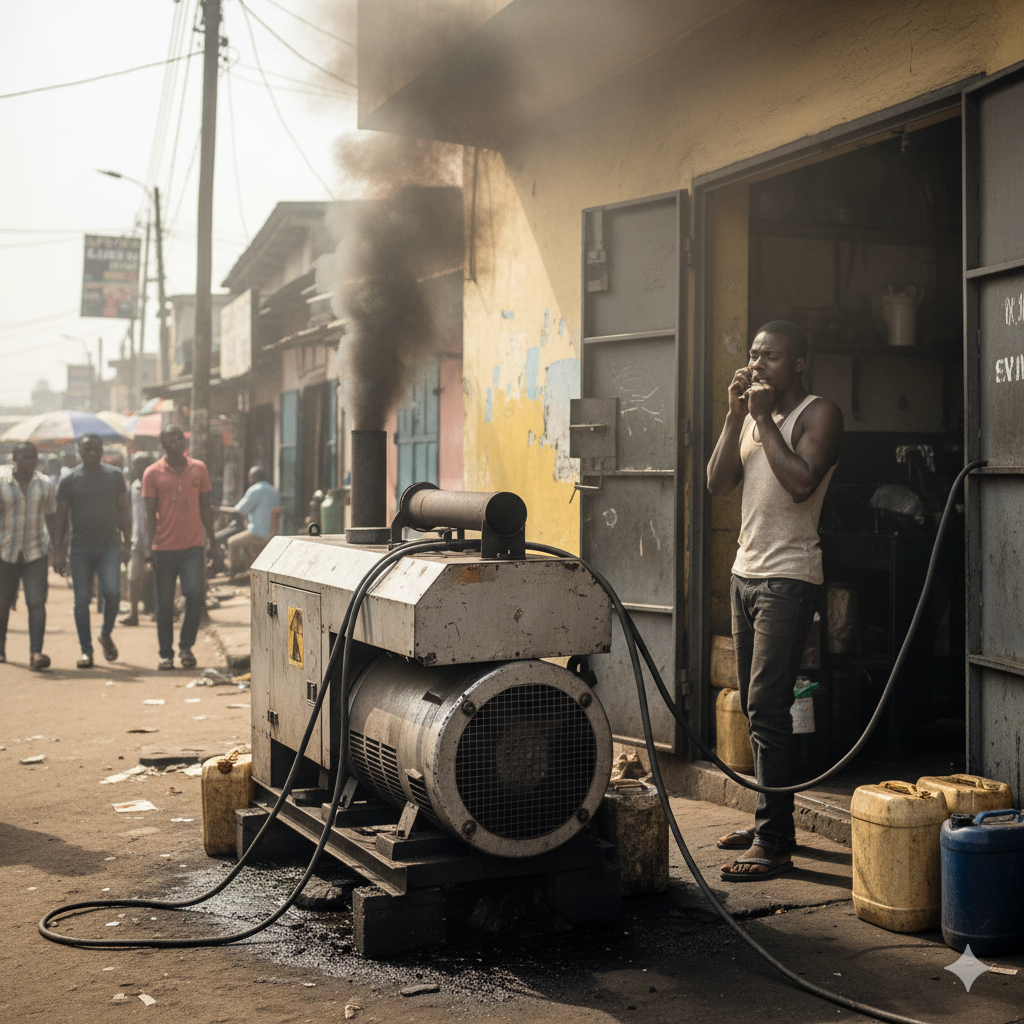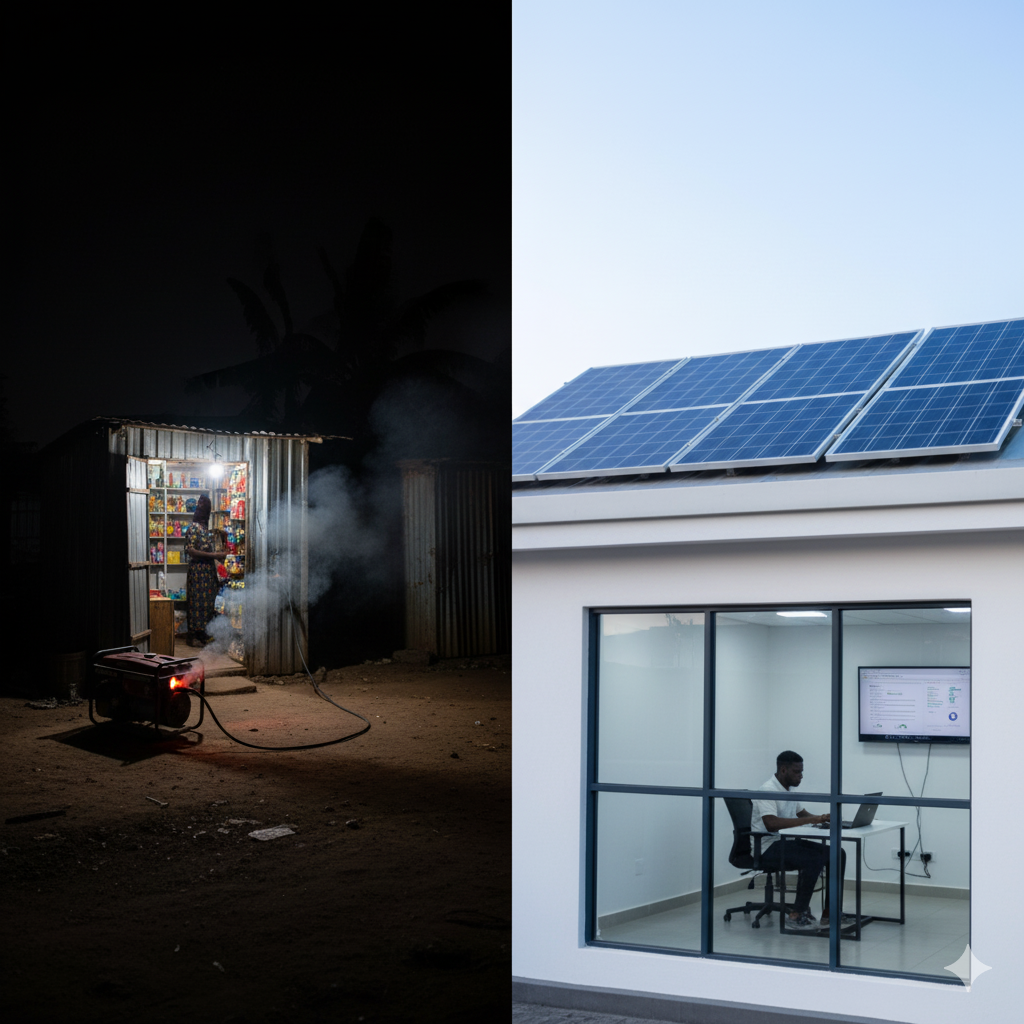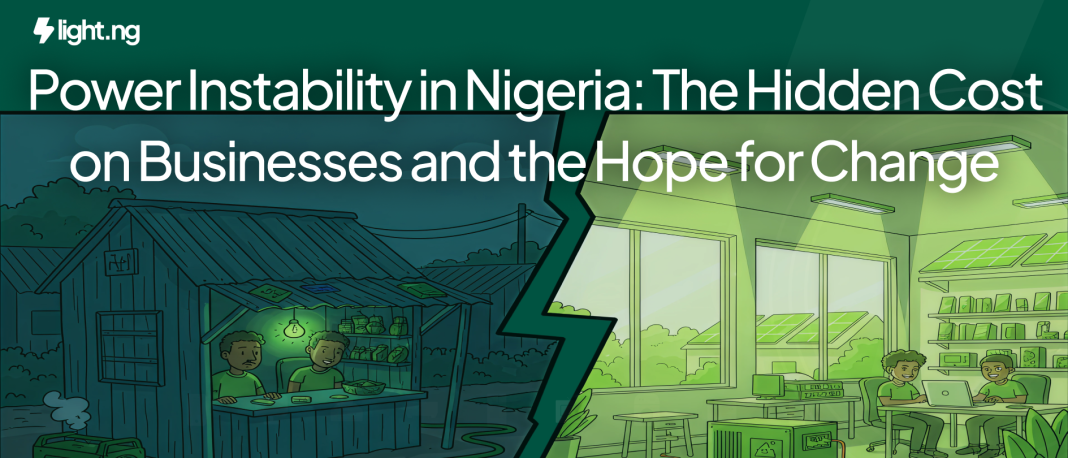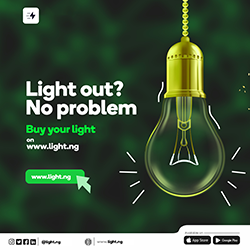Anında işlem yapmak isteyenler için Rokubet versiyonu hız kazandırıyor.
Adres değişikliklerinde en güncel bağlantı olan Bahsegel önemlidir.
Türk oyuncular, Casinomhub canlı destek nerede canlı rulet masalarında hem eğlenir hem strateji uygular.
2026 yılında yepyeni özellikler sunacak olan Bahsegel sabırsızlıkla bekleniyor.
Ekstra kazanç arayan bahisçiler Bahsegel fırsatlarını asla kaçırmıyor.
Bahis sektöründe canlı casino yazılımlarının 2026 yılına kadar yıllık %12 büyüme göstermesi beklenmektedir; Pinco kayıp bonusu bu büyümenin bir parçasıdır.
Oyuncular hızlı erişim sağlamak için Pinco giriş adresini kullanıyor.
Bahis sektöründe güvenliği ön planda tutan bettilt anlayışı önem kazanıyor.
Bahis dünyasında kazancın adresi haline gelen bahsegel güvenilirliğiyle öne çıkar.
Hızlı kayıt sistemi sayesinde birkaç dakikada bettilt üyesi olabilirsiniz.
Promosyon seven kullanıcılar bahsegel giriş kampanyalarından yararlanıyor.
Tenis turnuvalarına bahis oynamak isteyenler bettilt giriş bağlantısına tıklıyor.
Türkiye’de bahis dünyasında güven arayanlar için bahsegel giriş ilk tercih oluyor.
Türkiye’de IP engellerine rağmen oyuncular güncel giriş adresleri üzerinden paribahis para çekme gibi sitelere erişim sağlamaktadır.
Finansal güvenliğin temeli olan paribahis uygulamaları büyük önem taşıyor.
Bahis sektöründe global bir marka haline gelen bettilt yenilikleriyle dikkat çekiyor.
Her an erişim sağlamak için paribahis uygulaması öne çıkıyor.
Kazanç elde etmek isteyen bahis severler için modern arayüzü ve kullanıcı dostu altyapısıyla öne çıkan Madridbet güncel adres, her seviyeden oyuncunun beklentisini karşılayacak geniş seçenekler sunuyor.
Güçlü lisans yapısıyla kullanıcı güvenliğini sağlayan bettilt profesyonel bir platformdur.
Türkiye’de rulet tutkunlarının sayısı her yıl artarken, bahsegel giriş indir bu büyüyen topluluğa hizmet verir.
Türkiye’de en çok tercih edilen sağlayıcılar Pragmatic Play, NetEnt ve Play’n GO’dur; bettilt iletişim numarası bu markalarla iş birliği yapar.
Canlı rulet oynarken oyuncular, stratejilerini anlık olarak değiştirebilir; bettilt indir apk bu esnekliği destekler.
Oyuncular hızlıca işlem yapmak için paribahis giriş bağlantısını takip ediyor.
Adres değişiklikleri nedeniyle kullanıcılar bahsegel üzerinden sisteme bağlanıyor.
2025 sürümüyle birlikte bettilt daha yenilikçi özellikler getiriyor.
Ekstra kazanç için oyuncular bettilt seçeneklerini değerlendiriyor.
Türkiye’de çevrim içi kumar faaliyetleri sıkı şekilde denetlenmektedir, bettilt deneme bonusu yasalara uyumlu şekilde çalışır.
Canlı destek hattıyla anında iletişim kurabileceğiniz paribahis hızlı çözümler üretir.
Mobil kullanıcılar için özel olarak geliştirilen bettilt çözümü oldukça pratik.
Kayıtlı üyeler, yatırımlarını katlamak için bettilt fırsatlarını değerlendiriyor.
Adres değişikliklerini öğrenmek için bettilt kontrol edilmelidir.
Kart oyunlarından slot makinelerine kadar paribahis çeşitliliği kullanıcıları cezbediyor.
Kazandıran stratejiler geliştiren kullanıcılar için paribahis ideal bir ortam sağlar.
Bahis severlerin yıllardır güvenle tercih ettiği bettilt kaliteyi temsil eder.
Canlı casino yayınları artık 4K çözünürlükte yapılabilmekte ve bazı operatörler düşük gecikmeli 60 FPS akış teknolojisi kullanmaktadır; bahsegel girş bu teknolojileri benimsemiştir.
Curacao lisansı, bağımsız test laboratuvarları tarafından doğrulanan %100 adil oyun garantisini sağlar ve bahsegel güncel link bu garantiyi sunar.
Promosyon dünyasında en çok tercih edilen bettilt giriş seçenekleri yatırımları artırıyor.
Canlı rulet masalarında minimum bahis miktarı oldukça esnektir; bettilt girirş her seviyeden oyuncuya hitap eder.
Futbol ve basketbol kuponları yapmak için bettilt kategorisi tercih ediliyor.
Bahisçilerin güvenle işlem yapabilmesi için bahsegel altyapısı vazgeçilmezdir.
Canlı casino oyunlarının popülerliği artarken bahsegel para çekme profesyonel krupiyelerle hizmet verir.
Kullanıcı dostu mobil arayüzüyle bettilt her zaman erişilebilir.
2025 yılında piyasaya çıkacak olan bahsegel daha gelişmiş bir arayüz sunacak.
Slot oyunlarının temaları genellikle kültürel hikayelerden ilham alır ve paribahis.giriş yerel temaları da içerir.
Kayıtlı oyuncular kolayca oturum açmak için Madridbet bağlantısını kullanıyor.
Kullanıcıların sisteme anında erişebilmesi için bettilt sayfası sürekli olarak optimize ediliyor.
Bahis sektöründeki canlı oyun oyuncularının %72’si aynı zamanda klasik casino oyunları da oynamaktadır; bu çapraz eğilim bahsegel kayıp bonusu verilerinde de görülür.
Tenis ve voleybol gibi farklı spor dallarında bahsegel giriş fırsatları bulunuyor.
Bahis sektöründe popülerliğini artıran bahsegel kullanıcı dostu arayüzüyle öne çıkıyor.
Kumarhane keyfini seven kullanıcılar paribahis ile keyif buluyor.
Online bahislerde yüksek kazanç isteyenlerin tercihi her zaman Paribahis olmuştur.
Finansal güvenliğin temeli olan Paribahis uygulamaları büyük önem taşıyor.
Yeni üyeler, hızlı ve kolay erişim sağlamak için Bahsegel güncel giriş bağlantısını tercih ediyor.
Spor severler yüksek oranlı kuponlar için Bettilt giriş bağlantısına yöneliyor.
Bahis dünyasında güçlü referanslara sahip olan Bahsegel global güvenilirliğiyle öne çıkar.
Yeni yıl sürümü olan Bahsegel güncel giriş bahis dünyasında heyecan yaratıyor.
Yüksek kazanç oranlarıyla her zaman dikkat çeken bahsegel türkiye bahis dünyasında liderdir.
Global pazarda büyüyen paribahis yerel kullanıcılar için de avantajlar sunuyor.
Güvenli bir ortamda oynamak isteyenler için bettilt kavramı oldukça kritik hale geldi.
Canlı rulet oyunlarında kullanılan kameralar, farklı açılardan görüntü sağlar; rokubet indir apk bu sistemi kusursuz yönetir.
Geniş bahis seçenekleriyle spor severlerin ilgisini çeken Rokubet güvenlidir.
Avrupa’daki lisanslı operatörlerin %96’sı bağımsız oyun test laboratuvarlarından sertifika almıştır; Bahsegel kimin bu sertifikaları taşır.
Yeni yıl planlarında madridbet güncel giriş sürümünün getireceği yenilikler merak ediliyor.
Her an her yerde erişim için bettilt uygulaması kullanılıyor.
Bahisçilerin finansal işlemleri koruyan Bahsegel altyapısı vazgeçilmezdir.
Canlı oyunlarda ortalama bahis miktarı slot oyunlarına göre %15 daha yüksektir; bu eğilim bahsegel kayıp bonusu’in gelir modelini olumlu etkiler.
Cep telefonlarından sorunsuz işlem yapmak için paribahis sistemi tercih ediliyor.
Kumarhane eğlencesini evinize taşıyan bettilt kullanıcıları büyülüyor.
Rulet masalarında minimum bahis miktarı genellikle düşüktür, paribahis giirş her bütçeye uygun seçenekler sağlar.
2024 yılında dünya genelinde 5 milyardan fazla bahis kuponu oluşturulmuştur; bu rakamın önemli bir kısmı yasadışı bahis kullanıcılarına aittir.
Dijital eğlenceye yönelen bahisçiler Bahesegel sitelerini seçiyor.
Paribahis Online bahis sitelerinde en çok tercih edilen oyunlar slot ve blackjack’tir, bettilt para çekme bu oyunları kullanıcılarına sunar.
Bahis dünyasının geleceğini temsil eden Rokubet sürümü heyecanla bekleniyor.
Her oyuncunun güvenliğini sağlayan Bahsegel anlayışı sektörde yayılıyor.
Bahisçilerin güvenini sağlayan Bahsegel politikaları ön plana çıkıyor.
2025 yılında piyasaya çıkacak olan Bahsegel yeni kampanyalarla geliyor.
Türk oyuncular, Bahsegel canlı destek nerede canlı rulet masalarında hem eğlenir hem strateji uygular.
Canlı rulet oynarken kullanıcılar gerçek krupiyelerle etkileşime geçebilir, Bahsegel giirş bu özelliği destekler.
Kumarhane heyecanını evden yaşamak isteyenler güvenilir bahis siteleri sayfasına giriyor.
Deloitte analizine göre bahis kullanıcılarının %42’si haftada en az bir kez oyun oynuyor; bu sıklık Bettilt giriş güncel gibi platformların sürdürülebilir başarısının anahtarıdır.
PwC raporuna göre online casino sektöründeki yıllık büyüme oranı %9 civarındadır ve bahsegel giriş güncel bu trendin Türkiye’deki temsilcisidir.
Tenis ve voleybol gibi farklı spor dallarında bahsegel giriş fırsatları bulunuyor.
Kullanıcı memnuniyetine önem veren bahsegel hizmet kalitesini her geçen gün artırıyor.
Dijital dünyada eğlenceyi artırmak için bahsegel kategorileri öne çıkıyor.
Basketbol ve tenis maçlarına bahis yapmak için bettilt bölümü öne çıkıyor.
Kazançlı bonus kampanyalarıyla dikkat çeken bahsegel her zaman yenilik sunar.
Türk oyuncuların tercih ettiği oyunların çoğu, bettilt iletişim numarası tarafından Türkçe dil desteğiyle sunulur.
Yepyeni özellikleriyle dikkat çeken paribahis güncel sürümü heyecan veriyor.









I really like your writing style, fantastic info , thankyou for posting : D.
Interesting points! Seeing AI tools like Sora 2 Video Generator democratize content creation is huge. Accessibility across devices-phones to desktops-is key for wider adoption, don’t you think? It’s a game changer!
Interesting points! Managing risk in online play is key, and tools like Sora 2 could really help marketers create engaging content to promote responsible gaming. Accessibility across devices is a huge plus too!
Thank you so much! We’re glad you found the content helpful. We’ll keep sharing more insights to make your LightNG experience even better.